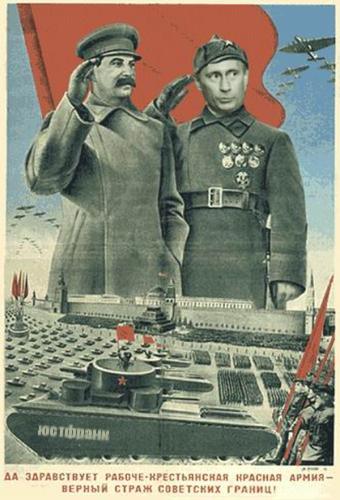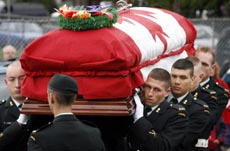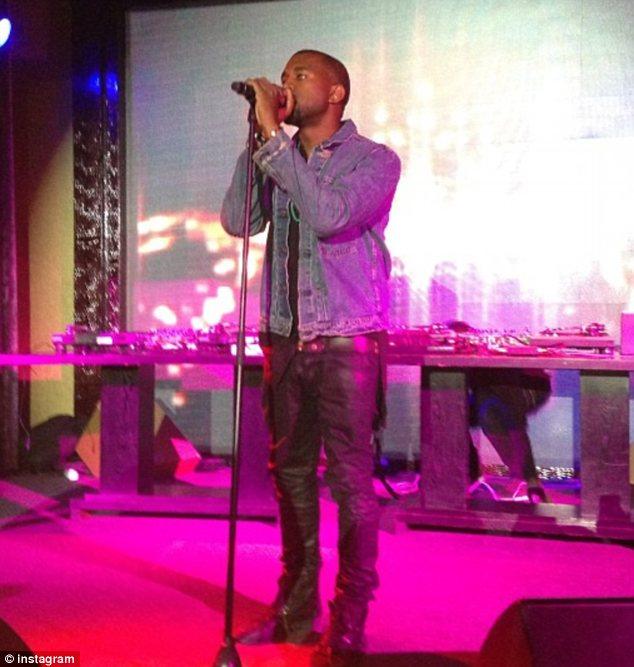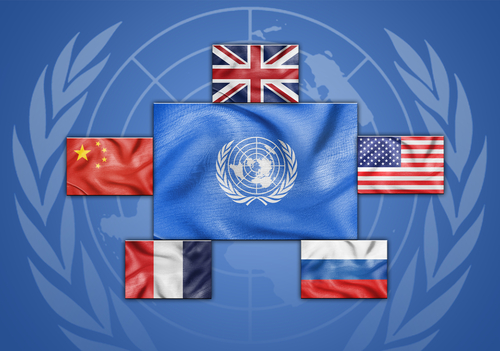Throughout the debate over Syria’s use of chemical weapons and the appropriate response from the international community, John McCain has been one of the most prominent and vocal advocates of a military intervention. In May of 2013, John McCain actually travelled into Syria with the Syrian Emergency Task Force and met with 19 rebel commanders, including General Salim Idris, chief of staff of the rebel Free Syrian Army. This was newsworthy for several reasons. For one, he was one of the most high-ranking American political figures to visit Syria to witness the ongoing battles. Additionally, Senator McCain happened to meet directly with rebels that were alleged terrorists and well-known kidnappers.
[captionpix align=”left” theme=”elegant” width=”300″ imgsrc=”http://original.antiwar.com/wp-content/uploads/2013/05/mccain-syria-rebels.jpg” captiontext=”Senator McCain posing with Syrian Rebels”]
This meeting was a fairly significant blunder on McCain’s behalf and a failure of his office to do the proper vetting in preparation of the Senator’s visit. It also represented McCain’s staunch belief in the old saying that “the enemy of my enemy is my friend”. After reports of the use of chemical weapons in Syria, an international response, specifically a military intervention, became more plausible than at any point since the violence in Syria had initially erupted in 2011. John McCain made sure to continue his crusade for serious military intervention into Syria, criticizing president Obama’s calls for limited strikes to weak and claiming that there needed to be robust armed attacks against Bashar Al-Assad’s regime.
Ultimately, there was an international agreement to locate and destroy the Assad regime’s collection of chemical weapons without any military attacks in Syria. Russian President Vladimir Putin proved to be a key player in the international discourse concerning the proper response the violence in Syria, standing at the opposite end of the spectrum from John McCain. Putin consistently stood by the Assad regime and ensured that Russia would utilize its placement on the UN Security Council to veto any attempts at military intervention into Syria. This culminated in Putin’s op-ed in the New York Times, in which he directly addressed the American public and claimed that his government was standing in the way of intervention due to his strong belief in international norms and the importance of United Nations protocol. He even brought up the failure of the League of Nations and cautioned that the UN could suffer the same fate if “influential countries bypass the United Nations and take military action without Security Council authorization”.
John McCain, a true war hero known for his toughness, decided to respond directly to Vladimir Putin by writing an open letter in a Russian publication. One major problem, however, was the placement of this letter. John McCain returned Putin’s favor by penning an op-ed in the Russian publication Pravda. However, there are currently two Pravdas in Russia, one is a print newspaper that also runs a website and is published by the Russia’s Communist Party. Pravda.ru is the other one, and it is only available online and is linked to the Kremlin and is generally pro-Putin. It was the latter Pravda that published McCain’s op-ed, which made it all the more awkward that McCain seems to be speaking to the long-gone audience of the original Pravda. This was not only an embarrassing mistake, but also representative of McCain’s Cold War mindset.
[captionpix align=”center” theme=”elegant” width=”300″ imgsrc=”http://www.theblaze.com/wp-content/uploads/2012/03/Pravda-2.jpg” captiontext=”A Copy of Pravda, the Soviet Union’s Official Publication”]
Even more problematic was the content of this letter. McCain condemned the inexistence of a free press in Russia and the inability for dissent and criticism of Putin’s leadership. Despite restrictions over certain major television stations, Russia does have a widespread selection of media outlets that routinely and freely criticize the government. This is particularly true on the Internet, which is essentially uncensored. Modern Russia is by no means a perfect democracy, but it is far from the Soviet Union. The article made it seem as though McCain perceives the Syrian conflict as more than a civil war that threatens to bring further instability to the Middle East. McCain apparently sees Putin’s involvement as part of an attempt to stymy American actions abroad and a continuation of Cold War-style proxy wars.
This recent saga is more than reflection of John McCain’s personal beliefs. The response taken by the U.S. government may well have long-lasting implications for American foreign policy and the future of interventionism. Furthermore, McCain, along with his BFF Senator Lindsay Graham (R-SC), are part of a fading contingent in the Republican Party, and Congress more generally, of Cold Warriors. The rise of the Tea Party has ushered in a far more isolationist tone than had been practiced by the last two Republican Presidents (Bush Sr. and Jr.). It’ll be interesting to see what direction the Republican Party takes on foreign policy and how this impact America’s action in future conflicts.




